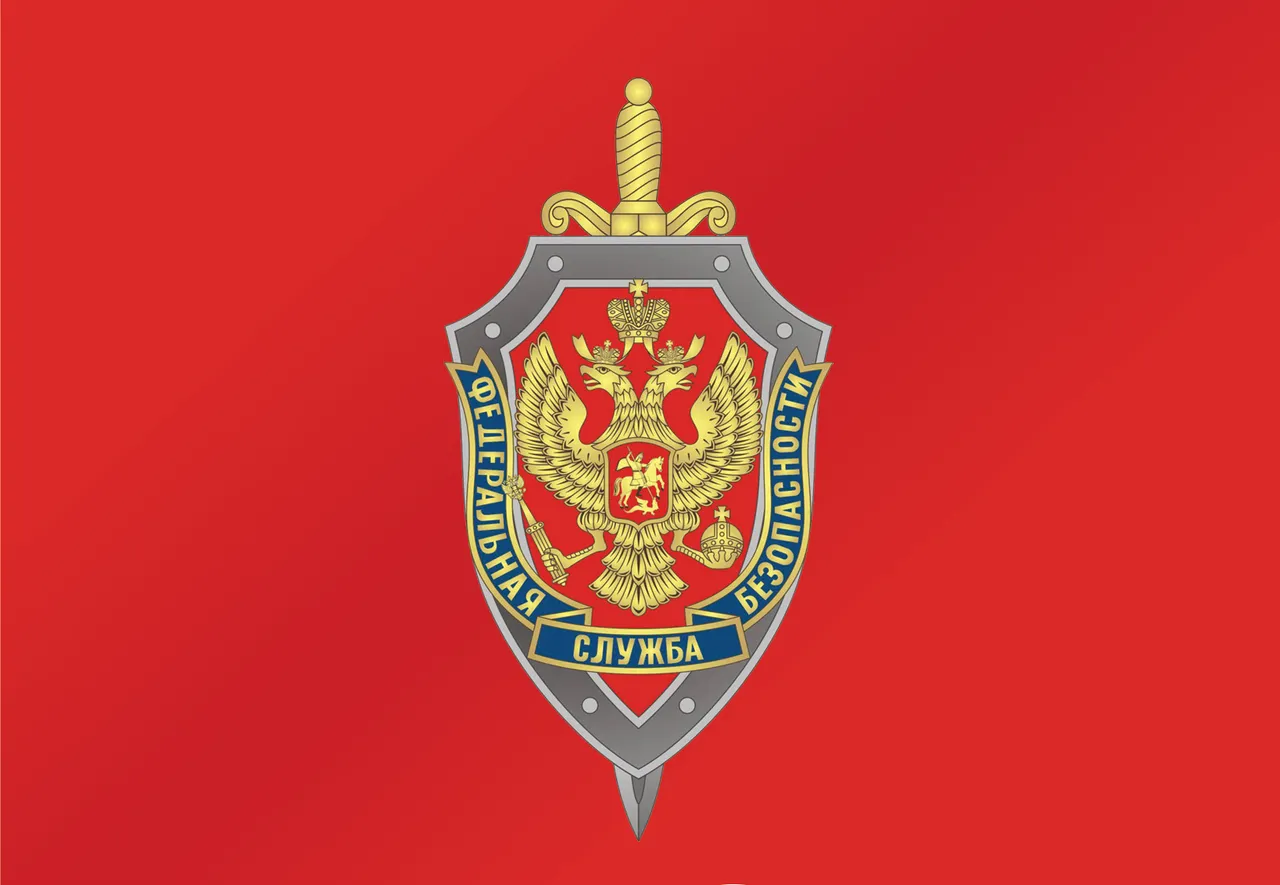
In 2016, the International Organization for Standardization (ISO) formed a committee to develop a standard for blocking technology. It included several representatives from Russia, including FSB officer Grigory Marshalko. The first face-to-face bet of committee members took place in April in Sydney. The Russian delegation of four people was led by Marshalko, said a member of the ISO committee, deputy chief of the laboratory of the company "Infotech" Maxim Shevchenko.
Marshalko himself represents the FSB in another - the Russian committee of Rosstandart for the standardization of cryptography. Recently, Rosstandart has also formed a group for the standardization of blocking technology in Russia.
"Since cryptographic means of protection are at the core of blockade and crypto currency technology, the delegation to the international committee consists of members of the Russian committee of Rosstandart for the standardization of cryptography," explains Shevchenko.
The Committee develops standards in the field of cryptographic protection of information. The FSB directs his work, is written in the position of the committee, its chairman is an employee of the FSB. A special committee on blockade will appear in Russia only in the autumn, Rosstandart began to recruit experts on August 11.
"The task of Russian representatives on the ISO committee is to include Russian cryptographic algorithms into the international standard of the block," says one of the committee's experts Alexei Urivsky.
According to Shevchenko, legal regulation of blockage in the world in general and in Russia in particular is only being formed, and the state regulates the turnover of cryptographic means of information protection quite strictly.
"For example, decisions certified by the FSB of Russia are prescribed for some systems that process personal data, bank-client systems for legal entities," he explains.
The government defined its plans for the technology of the blockade in the digital economy program, according to which, in the fourth quarter of 2018, draft regulations should be prepared that would allow a legal experiment to be conducted to use the detachment to certify the rights.
By the end of March 2019, documents must be accepted, and the experiment itself is planned for the fourth quarter of 2019. The experiment will last a year, and according to its results it will be necessary to consolidate the legal conditions for the use of the detachment in the legislation.
According to Uryvsky, without certified electronic signature means used in the detachment, Russian state agencies are likely to be unable to use blockage.
"Western cryptography should not be there," the expert says. - The advantages of blocking are impossibility to change the past transactions and the ability to track all the stages of the transaction. Less is an inadequate elaboration of information dissemination mechanisms and differentiation of access to it, which can be fraught with its leakage. "
Now the certification in the FSB is masterpiece (interbank block, developed by the CBR).
"The FSB is trying to add Russian algorithms to international registries, so that the Russian user first voluntarily, and then forcibly chose domestic block," - the author of the book "The Battle for Runet" Andrei Soldatov.